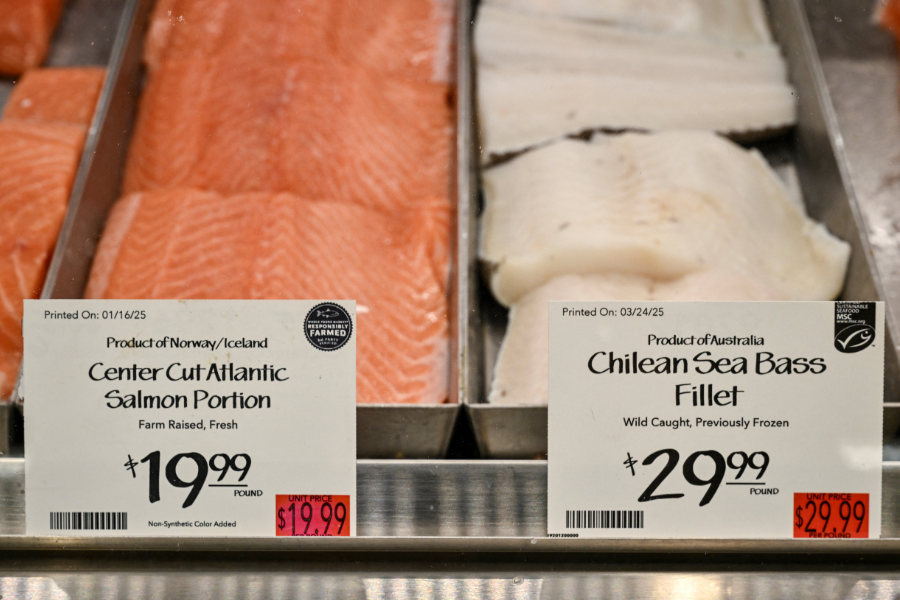ARTICLE AD BOX
Buy now, worry later.
A recent survey reveals that more than half of Americans are using layaway or buy-now-pay-later (BNPL) programs to cover everyday purchases, including groceries.
According to a survey by New York-based marketing agency PartnerCentric.com, 52 percent of Americans now rely on installment-based payment services.
The most popular items purchased through BNPL include medium to large products like electronics, furniture and home goods, with an average minimum price of $250.
But 31 percent of consumers also reported using those programs for essentials like groceries, highlighting the financial strain many households are facing.

BNPL programs are especially popular among younger Americans, with 59 percent of Gen Z and 58 percent of millennials opting for flexible payment methods.
The survey also found that 35 percent of consumers plan to use BNPL more frequently in 2025, a figure that jumps to 65 percent among Gen Z.
Popular BNPL providers like Afterpay, Affirm, PayPal Pay in 4 and Klarna have become critical financial tools for many Americans, offering flexible installment plans with no interest, helping consumers manage their rising expenses. These options won’t affect credit scores if payments are made on time.
Economic uncertainty appears to be adding to the trend. Fifteen percent of survey participants said they tried BNPL in 2025 due to the increased cost of living.

Last month, President Donald Trump announced sweeping “reciprocal” tariffs on 90 countries, sparking market turbulence and straining global trade relations. While a 90-day pause on these tariffs, excluding China, briefly boosted market confidence, significant uncertainty remains.
At the same time, rising grocery prices are squeezing household budgets. A NielsenIQ report shows that the average price of eggs in April 2025 was $1.72 higher than in April 2024. The USDA also projects that overall food prices will rise slightly faster than their historical average this year, affecting everyday items like seafood, coffee, wine, nuts and cheese.









 English (US) ·
English (US) ·